The debate between cloth and disposable diapers has long been a controversial topic regarding the impact on the environment. On one hand, cloth diapers are often considered the more environmentally friendly choice due to their reusable nature.
Here we will compare cloth vs disposable diapers environment. We’ll delve into the benefits of cloth diapers, such as reduced waste generation, energy and water conservation, and decreased reliance on synthetic materials. However, we will also address the challenges with cloth diapers, including initial investment costs, laundry requirements, and convenience factors.
On the other hand, we will discuss the environmental concerns with disposable diapers, such as waste generation and landfill impact, resource consumption during production, and potential health risks associated with chemicals.
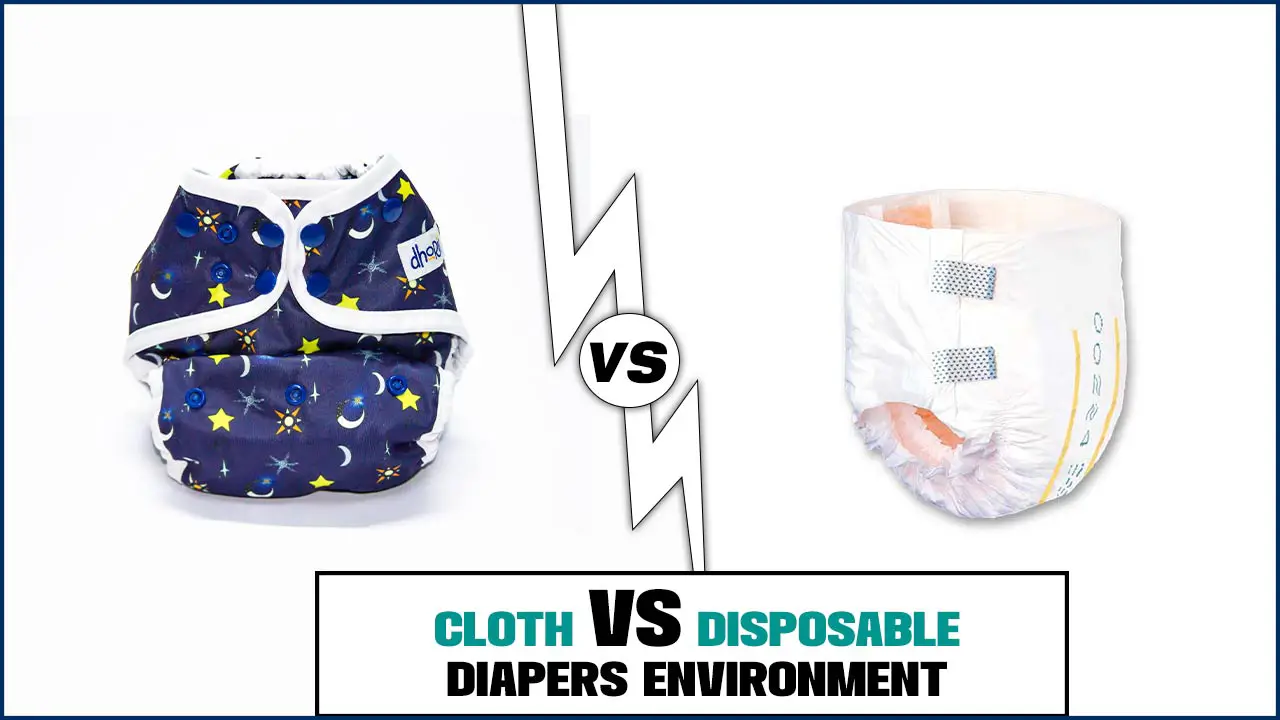
Cloth Vs Disposable Diapers Environment: The Better Choice?
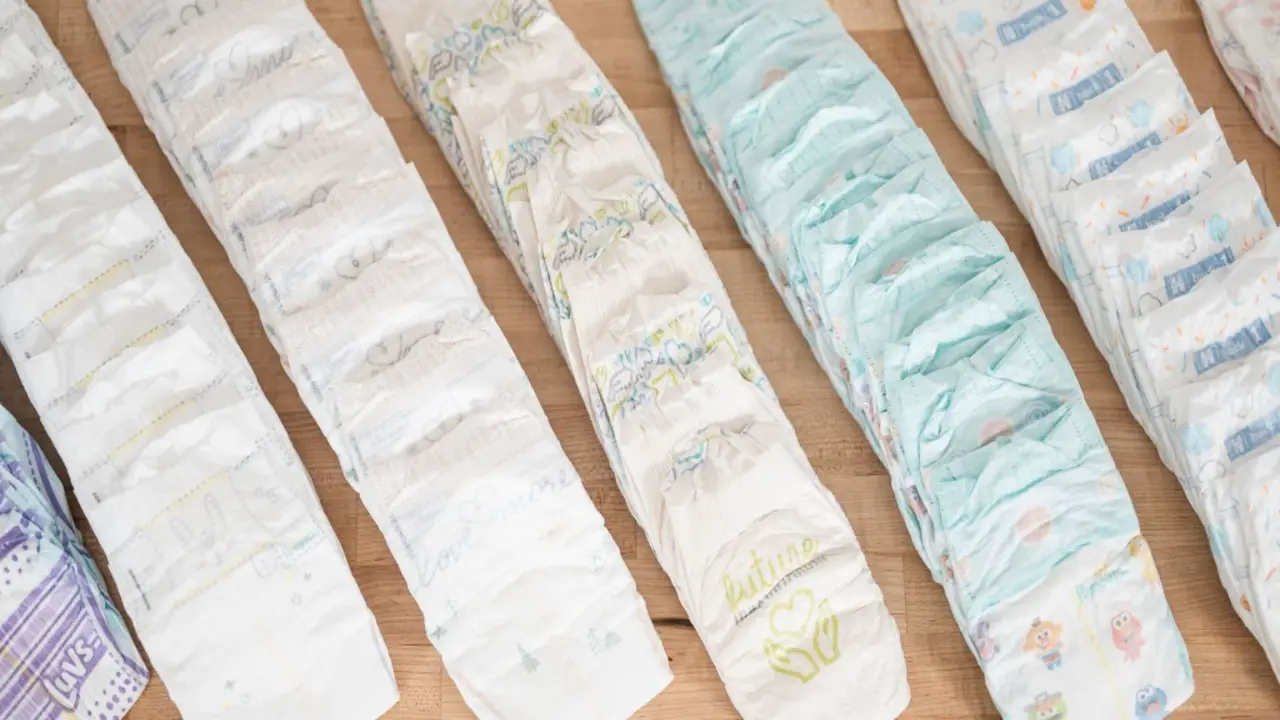
Regarding choosing between cloth and disposable diapers, the question of which is better for the environment is complex. On one hand, cloth diapers can be reused multiple times, reducing waste and the overall carbon footprint.
Additionally, they do not contribute to landfill waste like disposable diapers do. However, cloth diapers require more water and energy for washing and drying, which can have an environmental impact.
Disposable diapers, however, are convenient and easy to use but generate significant waste that takes years to decompose. Choosing between cloth and disposable diapers depends on individual preferences and priorities. Some parents may prioritize environmental sustainability, while others may prioritize convenience. It’s important to weigh each option’s pros and cons before deciding. Scroll down to get details on cloth vs disposable diapers environment.
Definition And Types Of Cloth Diapers
Understanding the various cloth diaper types available in the market is essential when making an informed decision. Familiarize yourself with the different cloth diapering options, each offering unique features and benefits.
From prefolds to pockets, all-in-ones to hybrids, explore the characteristics of each cloth diaper style. Consider factors such as absorbency, ease of use, and customization options when choosing the cloth diaper that suits your needs and preferences. By delving into the world of cloth diapers, you can discover the most suitable option for your baby and contribute to a more sustainable future.
Environmental Benefits Of Cloth Diapers
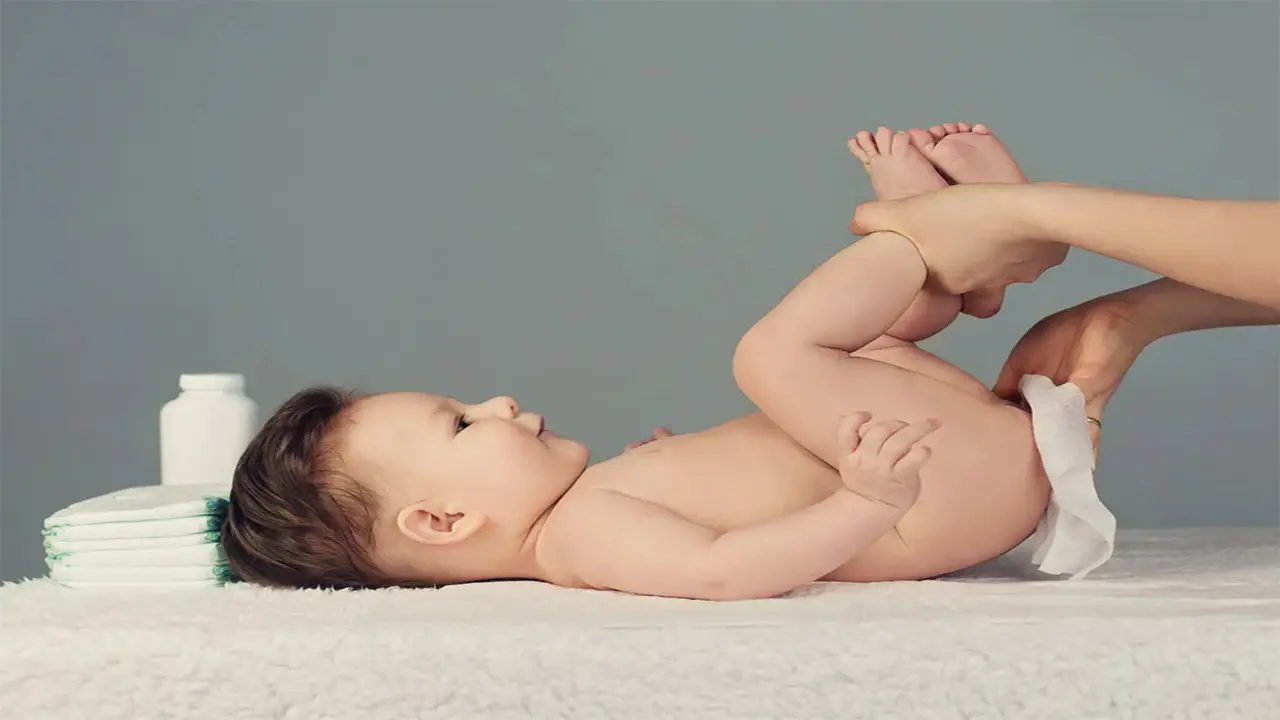
Cloth diapers offer a range of environmental benefits. By choosing cloth diapers, you can contribute to reduced waste generation and help conserve energy and water resources. Cloth diapers also reduce reliance on synthetic materials, making them a greener and more sustainable diapering option. Embracing the environmental advantages of cloth diapers is a step towards minimizing the environmental impact of diaper use. Make the better choice for the planet by opting for cloth diapers.
Reduced Waste Generation
Cloth diapers play a crucial role in reducing diaper waste generation. By choosing cloth diapers over disposables, you can prevent them from ending up in landfills. This decision contributes significantly to the overall reduction of waste accumulation.
Making the switch to cloth diapers allows you to make a positive impact on waste management and promotes a more sustainable approach. Opting for reusable diapers is an effective way to contribute to waste reduction and prioritize environmental conservation. Remember, every small choice counts when creating a greener future.
Energy And Water Conservation
Choosing cloth diapers over disposable diapers can positively impact energy and water conservation. By using cloth diapers, you reduce your reliance on energy-intensive manufacturing processes. Additionally, opting for cloth diapers decreases water consumption during the manufacturing phase.
It is a simple yet effective way to contribute to water conservation efforts. Furthermore, embracing cloth diapers helps conserve energy in the long run. Switching to cloth diapers promotes sustainability by minimizing the environmental footprint associated with disposable diapers. Reusing diapers instead of constantly discarding them conserves resources and reduces waste accumulation.
Decreased Reliance On Synthetic Materials
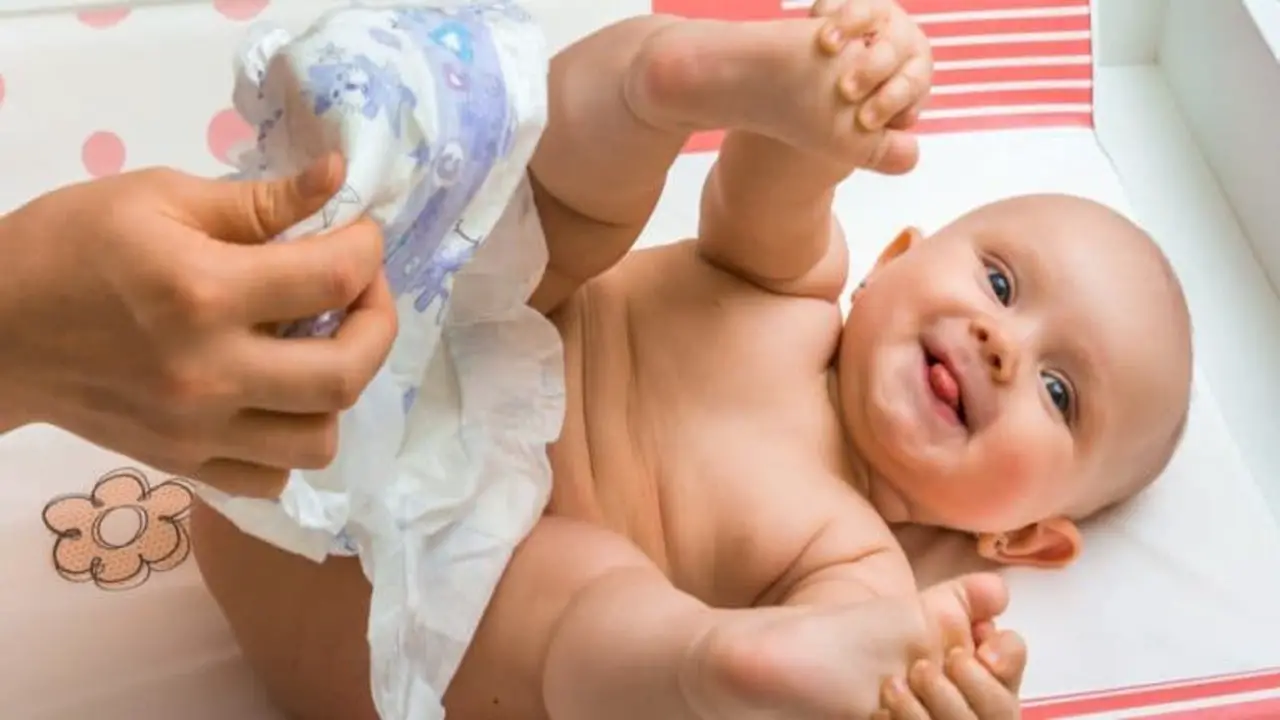
Cloth diapers solve the problem of synthetic materials found in disposable diapers. Choosing cloth diapers minimizes synthetic fibres and chemicals, embracing a more natural and eco-friendly approach. Moreover, cloth diapers reduce your baby’s exposure to these synthetic materials, decreasing the associated environmental impact.
Opting for cloth diapers reduces the reliance on synthetic materials commonly used in disposable diapers, such as dyes, fragrances, and wood pulp. This shift towards reusable diapers contributes to environmental protection and aligns with the recommendations of organizations like the American Academy of Pediatrics.
Challenges And Considerations With Cloth Diapers
When considering cloth diapers, it’s important to consider the initial investment and costs associated with them. Additionally, evaluating the challenges and benefits they offer will help you make an informed decision. Another consideration is the laundry requirements and water usage involved in cloth diapering.
It’s crucial to weigh the advantages and drawbacks before making a choice. Lastly, addressing potential obstacles associated with cloth diaper use, such as the time and effort required for maintenance, can help you determine the right option.
Initial Investment And Costs
When considering cloth diapers, it’s important to note that there may be a higher upfront cost than disposable diapers. However, weighing the long-term cost savings associated with cloth diapers is essential. You can make a prudent decision by evaluating the financial implications and overall costs. Cloth diapers offer a more cost-effective solution in the long run, especially when factoring in the initial investment. So, while the initial investment may be higher, the potential savings and environmental benefits make cloth diapers a better choice for most parents.
Laundry Requirements And Water Usage
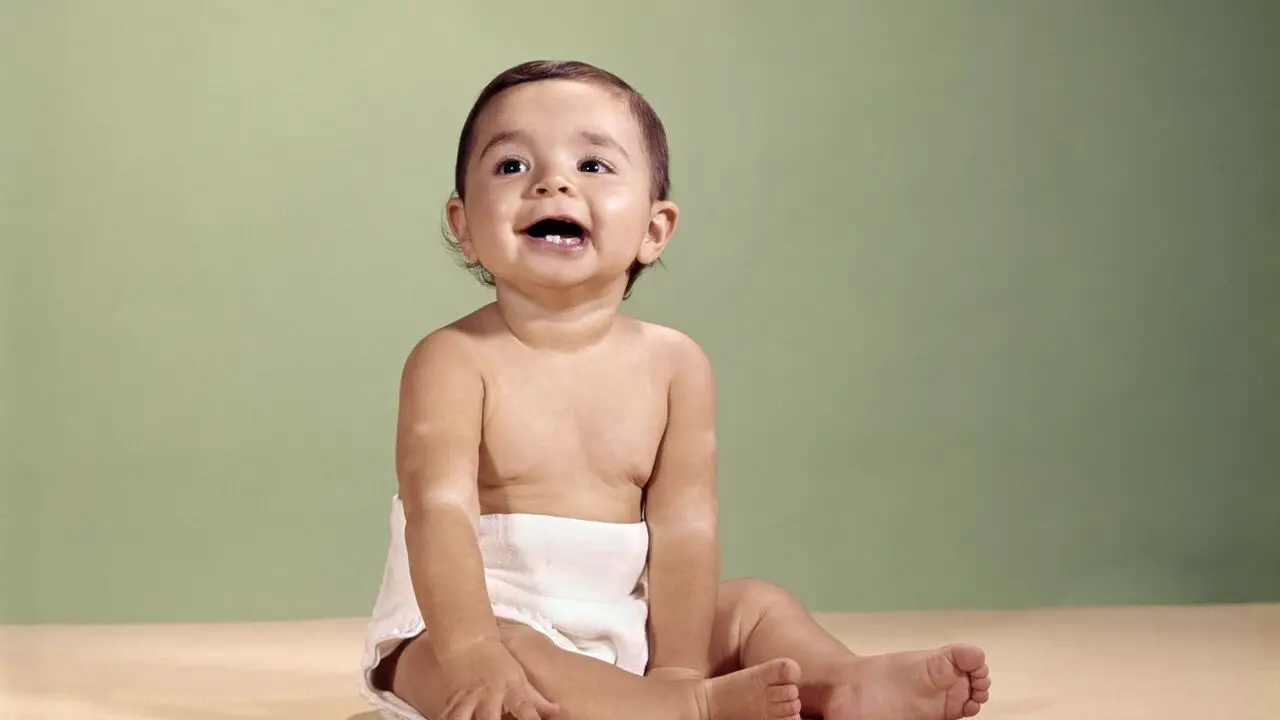
Understanding the laundry requirements and water consumption associated with cloth diapers is essential. Cloth diapers require regular washing and drying to maintain cleanliness. Evaluating the impact of increased water usage when opting for cloth diapers is crucial. It’s important to consider the logistics and environmental implications of cloth diaper laundry.
You can make an informed decision by assessing the laundry requirements and water usage of cloth diapers. Consider factors such as dyes, fragrances, and diaper rash prevention, as well as the long-term environmental impact and the benefits of line drying.
Convenience And Practicality Factors
Both cloth diapers and disposable diapers have their advantages regarding convenience and practicality. Cloth diapers are reusable and can save money in the long run. They are often made from natural materials and do not contain harsh chemicals found in some disposable diapers.
However, cloth diapers require more frequent changes and may require more planning and preparation. On the other hand, disposable diapers are convenient and require less effort. They are preferred for travelling or daycare. Choosing between cloth and disposable diapers should be based on personal preference and lifestyle factors.
Definition And Types Of Disposable Diapers

Disposable diapers are single-use from absorbent materials such as wood pulp and dioxin-free bleached fibres. They come in various types, including newborn, overnight, and pull-up diapers for older children. However, it is important to consider the environmental impact of disposable diapers. Most parents in the United States opt for disposable diapers for convenience and ease of use. However, these diapers contribute significantly to waste generation and landfill impact.
Environmental Concerns With Disposable Diapers
Disposable diapers contribute significantly to landfill waste and take hundreds of years to decompose. The production and transportation of disposable diapers require significant amounts of fossil fuels and resources. On the other hand, cloth diapers can be reused multiple times, reducing the amount of waste generated.
Cloth diapers have a lower carbon footprint and are more environmentally friendly in the long run. However, cloth diapers require more water and energy for washing and drying, so it’s important to consider the overall environmental impact.
Waste Generation And Landfill Impact
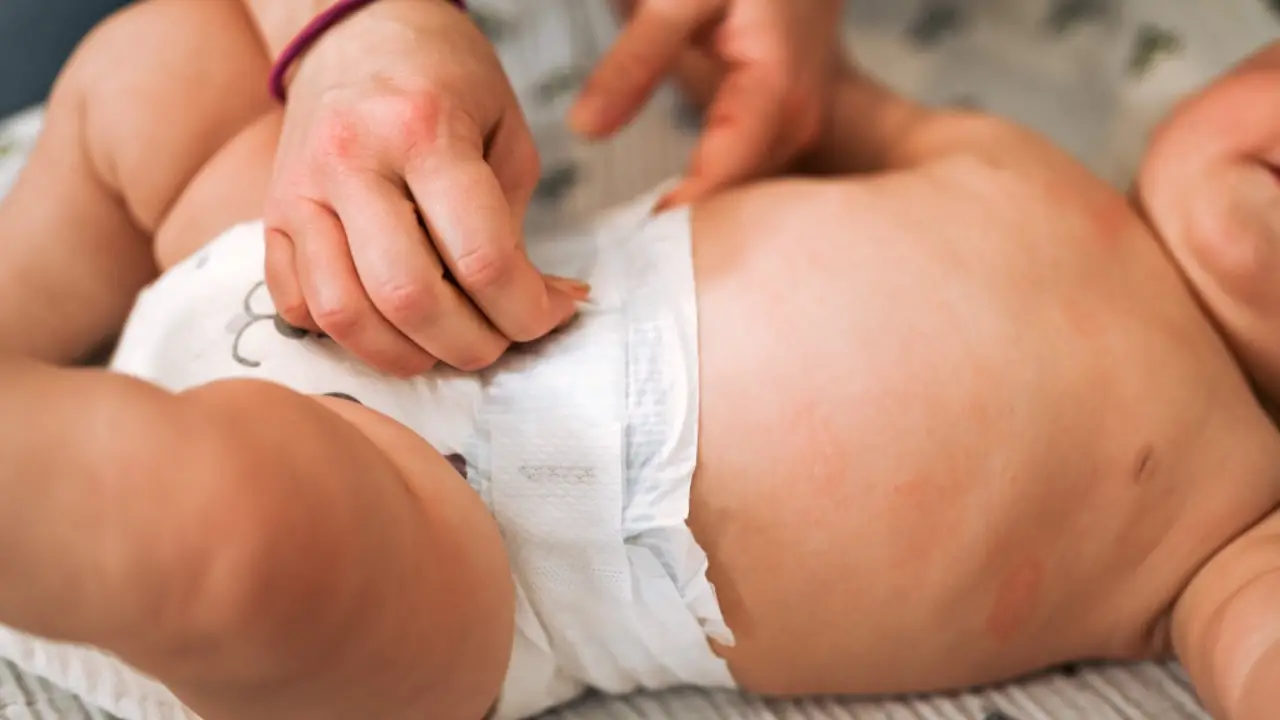
Cloth diapers offer a more sustainable option than disposable diapers, which are reusable and generate less waste. In contrast, disposable diapers take up significant landfill space and decompose slowly. While cloth diapers require more water and energy for washing and drying, eco-friendly detergents and line-drying can help offset the environmental impact. On the other hand, disposable diapers contain chemicals that can harm the environment during production and disposal. Choosing between cloth and disposable diapers depends on personal preference and lifestyle.
Resource Consumption During Production
The production of disposable diapers requires a significant amount of resources, including water, energy, and raw materials. On the other hand, cloth diapers require less water and energy during production but may require more frequent washing.
Disposable diapers contribute significantly to landfill waste and take longer to decompose. Meanwhile, cloth diapers can be reused multiple times and repurposed for other uses when properly cared for. Ultimately, deciding between cloth and disposable diapers depends on individual values and priorities regarding sustainability and convenience.
Chemicals And Potential Health Risks
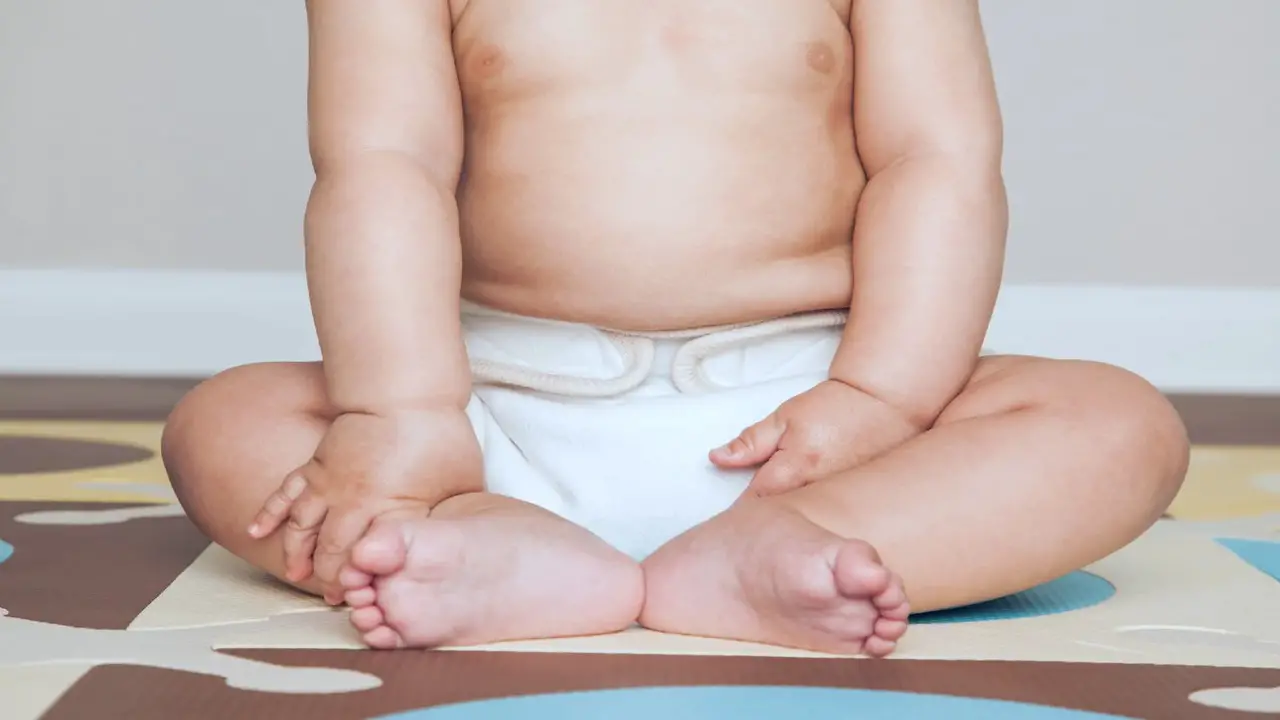
Disposable diapers may contain harmful chemicals, such as dyes and fragrances, which can pose health risks to your newborn. The American Academy of Pediatrics research suggests prolonged exposure to these chemicals can lead to diaper rash and other skin irritations.
Furthermore, producing disposable diapers involves using wood pulp and bleach, which can release dioxin—a substance known to have adverse effects on human health—into the environment. Considering these risks, reusable cloth diapers can be a safer and more environmentally friendly option for your baby’s well-being when washed properly.
Convenience And Practicality Aspects Of Disposable Diapers
Disposable diapers offer unmatched convenience and practicality, particularly when travelling or on the go. They are easy to use and require less time and effort to change compared to cloth diapers. In addition, disposable diapers are highly absorbent and have the ability to hold more waste, providing peace of mind for parents.
Furthermore, these diapers are readily available at most stores, making them accessible. However, it is important to note that disposable diapers offer convenience but also harm the environment, taking years to decompose in landfills.
Ease Of Use And Time-Saving Benefits
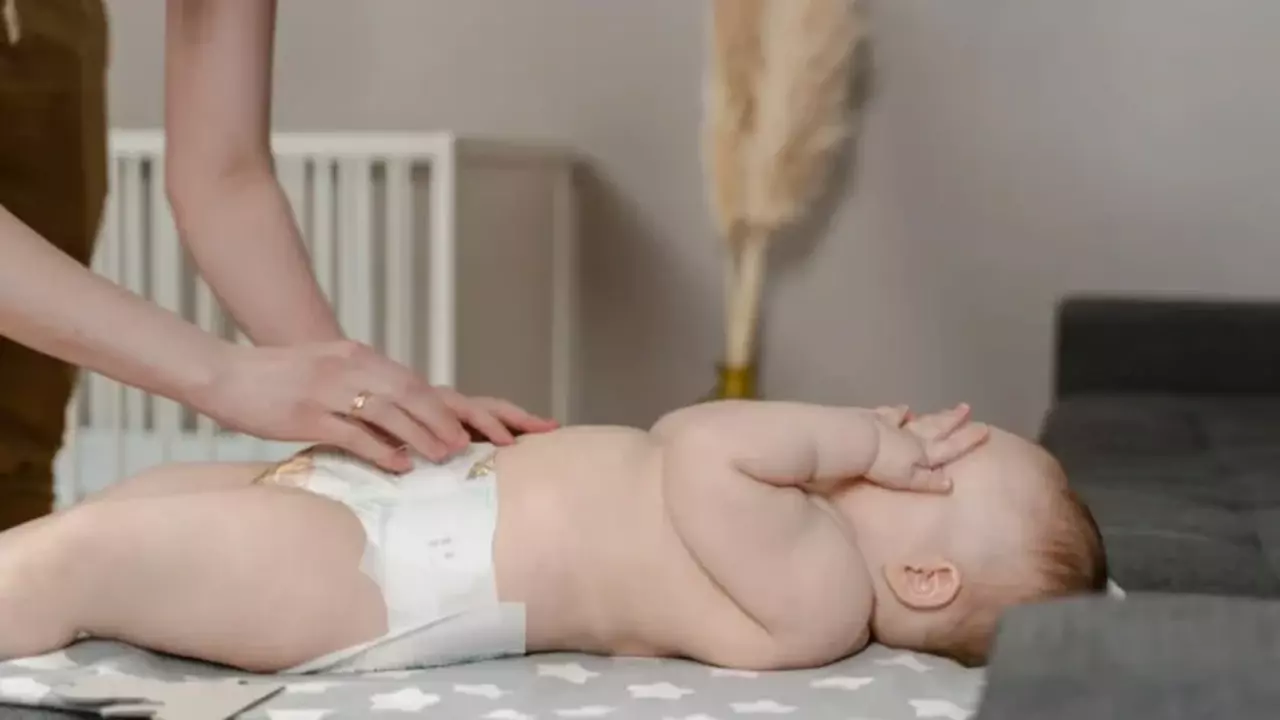
Disposable diapers offer numerous ease-of-use and time-saving benefits, making them popular among parents. With disposable diapers, you can enjoy hassle-free usage and convenience thanks to their easy disposal. Changing diapers becomes a simple task, especially when you’re on the go.
Unlike cloth diapers, you don’t have to worry about washing and drying them, saving you time and effort. This convenience becomes even more valuable during busy schedules when every minute counts. So, if you’re looking for a diaper that simplifies your life and saves valuable time, disposable diapers are a great choice.
Cloth Vs. Disposable Diapers Environment- Which Is Right For You
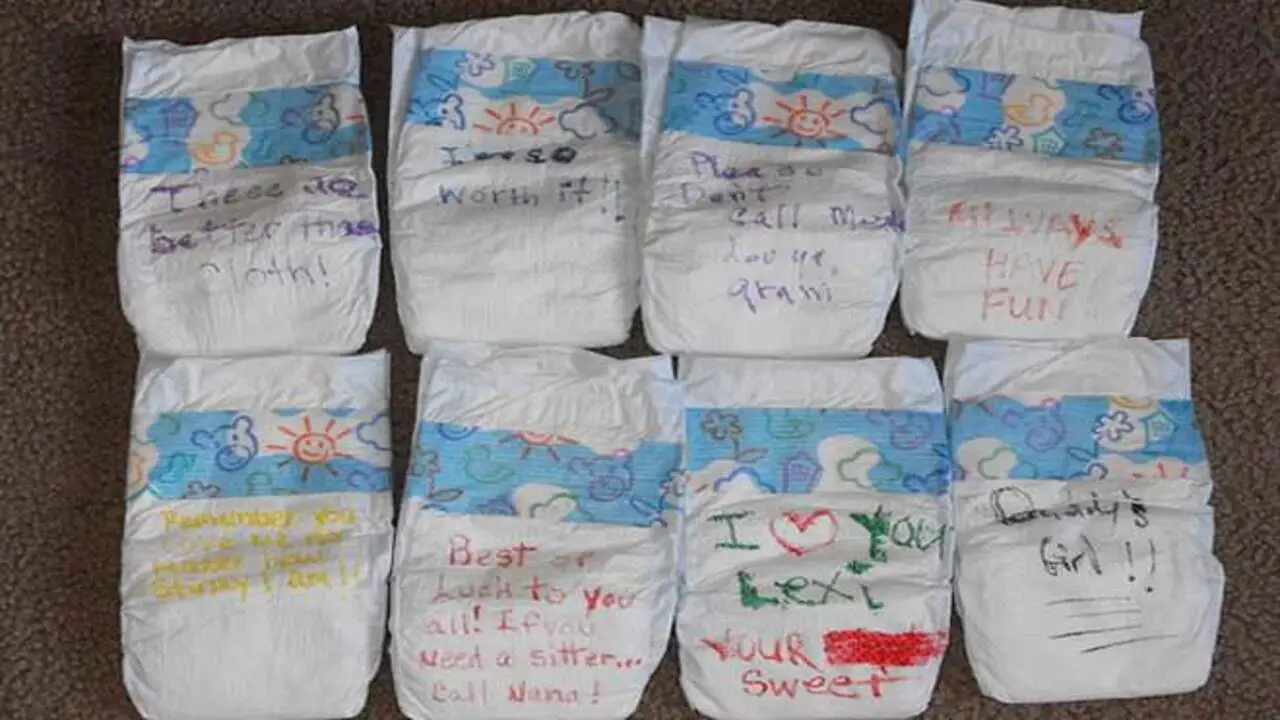
Choosing between cloth and disposable diapers is a decision that many parents grapple with. When considering the environmental impact, it is important to weigh the pros and cons of each option. Cloth diapers are reusable, which means they generate less waste and can be more cost-effective in the long run. They also do not contribute to landfill waste or require the production of new diapers.
However, cloth diapers do require more water and energy for washing and drying. On the other hand, disposable diapers are convenient and easy to use, but they contribute significantly to landfill waste and require the production of new diapers, which has its own environmental implications. Ultimately, the choice between cloth and disposable diapers is a personal one based on your priorities and lifestyle.
Conclusion
When considering the environmental impact of diaper choice, cloth diapers emerge as the better choice. They offer significant environmental benefits such as reduced waste generation, energy and water conservation, and decreased reliance on synthetic materials. Although cloth diapers may have initial investment costs and require more laundry, the long-term benefits outweigh these challenges.
Disposable diapers, on the other hand, contribute to waste generation, resource consumption, and potential health risks due to chemicals. While they may offer convenience and practicality in terms of ease of use and time-saving benefits, their negative environmental impact cannot be ignored. Therefore, if you are concerned about the environment, consider switching to cloth diapers for a more eco-friendly choice. We’ve discussed the cloth vs disposable diapers environment.
Frequently Asked Questions
1.Why Do People Not Use Cloth Diapers Anymore?
Ans: Convenience and cost are two factors that contribute to the decline in the use of cloth diapers. People consider disposable diapers more convenient and easier to use. Additionally, the initial cost of cloth diapers can be expensive, which may deter some parents. Hygiene and cleaning concerns also play a role in their reduced popularity.
2.What Are The Environmental Advantages Of Cloth Diapers?
Ans: Cloth diapers offer numerous environmental benefits. You can reuse them multiple times, reducing waste in landfills. Unlike disposable diapers, cloth diapers do not contain harmful chemicals. Additionally, cloth diapers are often made from sustainable materials like bamboo or organic cotton, reducing their environmental impact.
3.Are Cloth Diapers Actually Eco-Friendly?
Ans: Cloth diapers can be more eco-friendly than disposable diapers, depending on how they are washed and dried. Using cloth diapers can reduce the amount of waste going to landfills. However, it’s important to consider the water and energy resources required for washing and drying.
4.Are Plant-Based Diapers Better For The Environment?
Ans: Plant-based diapers, made from bamboo, cornstarch, and sugarcane, are more environmentally friendly than traditional disposable diapers. These diapers are biodegradable and compostable, reducing their impact on landfills. However, it’s important to note that all disposable diapers have an environmental impact, and cloth diapers may be a more sustainable option.
5.Are Cloth Diapers Better For The Environment?
Ans: Cloth diapers are often considered better for the environment as they can be reused, reducing landfill waste. Although washing requires more water and energy, their environmental impact can still be lower. However, the environmental benefits depend on individual usage habits.
